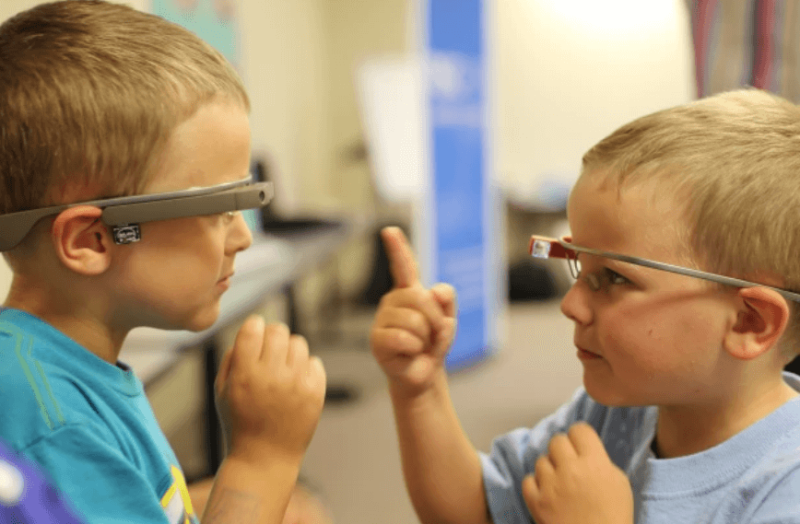Clinical trials of autism treatments rarely use a consistent set of tools to measure efficacy, a new study suggests. Instead, researchers generally design questionnaires specific to their study goals, and 69 percent of these tools are used only once.
The lack of consistency could obscure positive results. “Losing even one treatment that could possibly be helpful, just because we don’t use the right instruments, is a big loss,” says study investigator Natascia Brondino.
…
This variability also makes it difficult to compare treatments, or even the same treatment across studies.
…
Only three validated tools that measure core traits were used in more than 5 percent of the studies: the Social Responsiveness Scale, the Childhood Autism Rating Scale and the Autism Diagnostic Observation Schedule.
These three tools are designed to screen for or diagnose autism. So they are good at identifying autism traits but may not be sensitive to changes in those traits over time.
…
“They aren’t designed to measure treatment outcomes, so they may not capture subtle changes in symptoms,” [psychologist So Hyun] Kim says. “There’s a critical demand for valid, objective measures of treatment outcomes that can detect subtle changes over the course of an intervention.”
Read full, original post: Studies of autism treatments lack standard yardsticks































